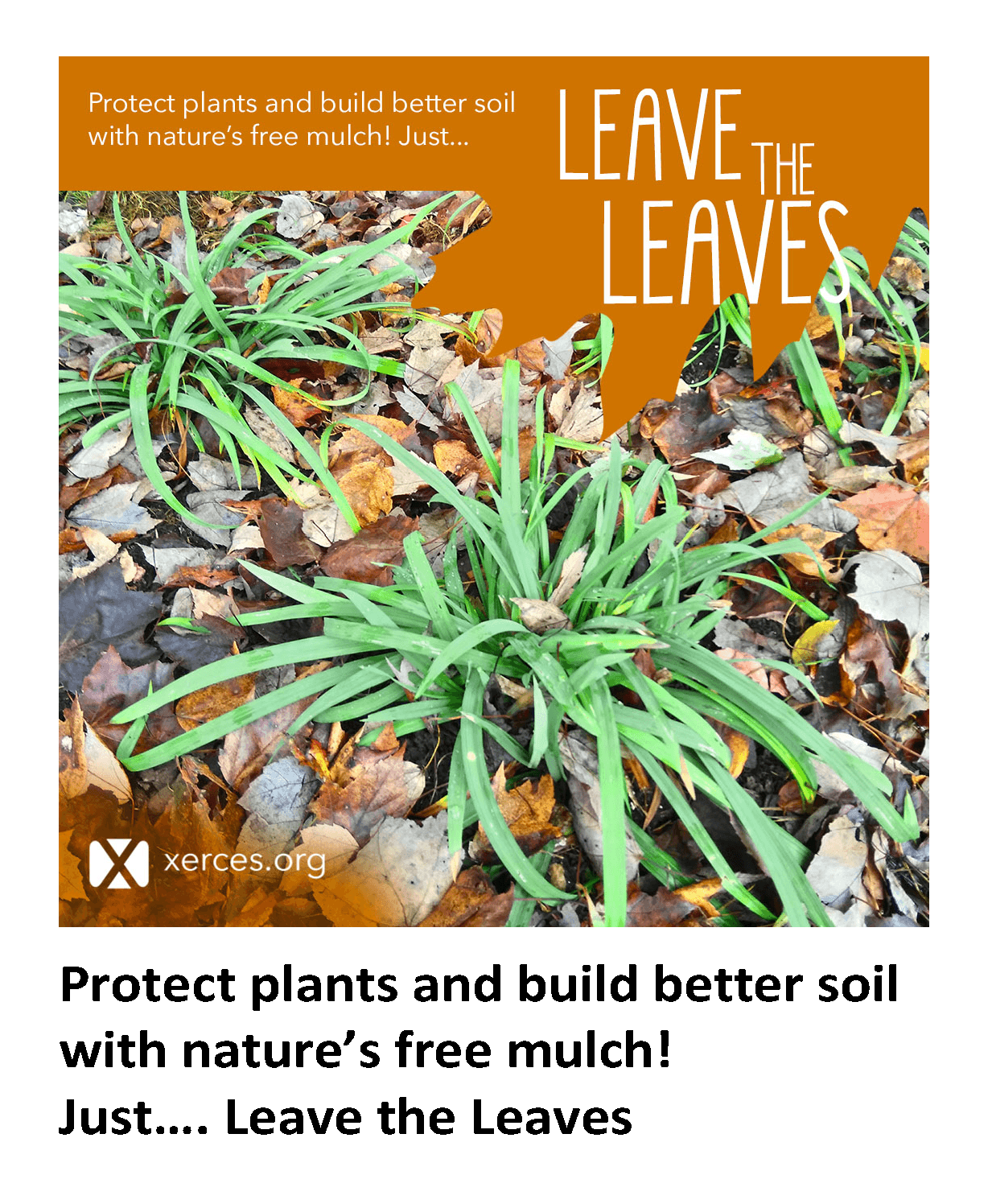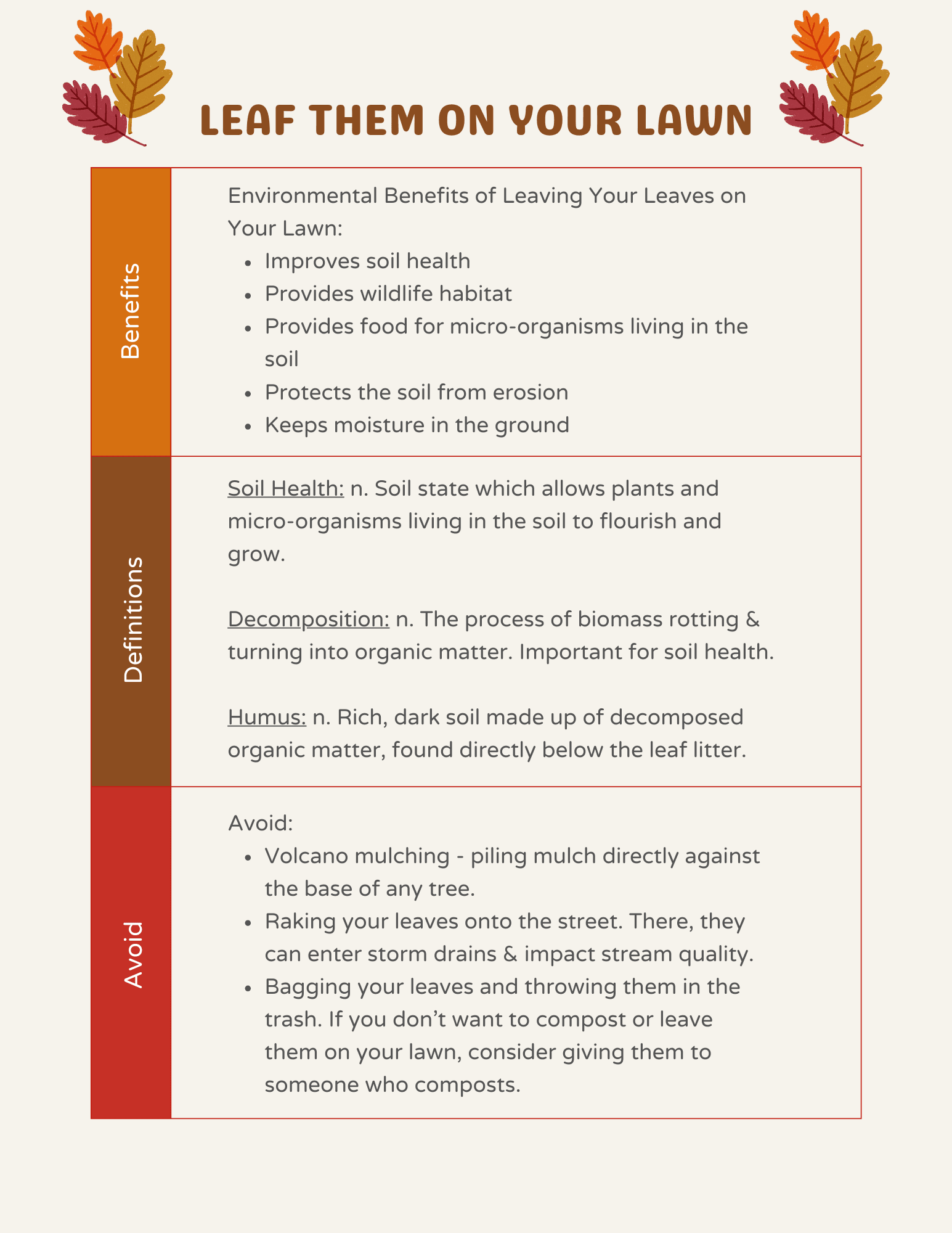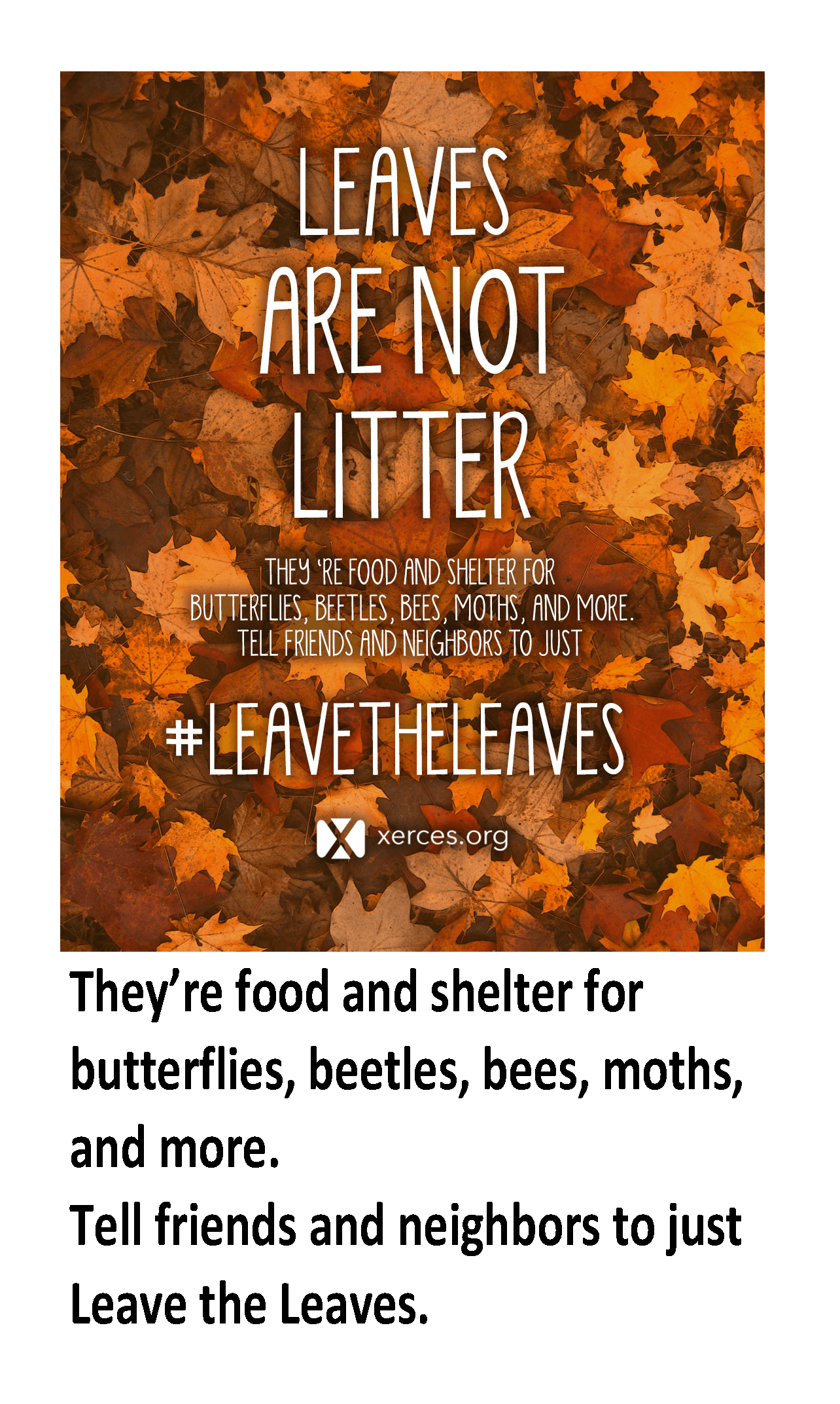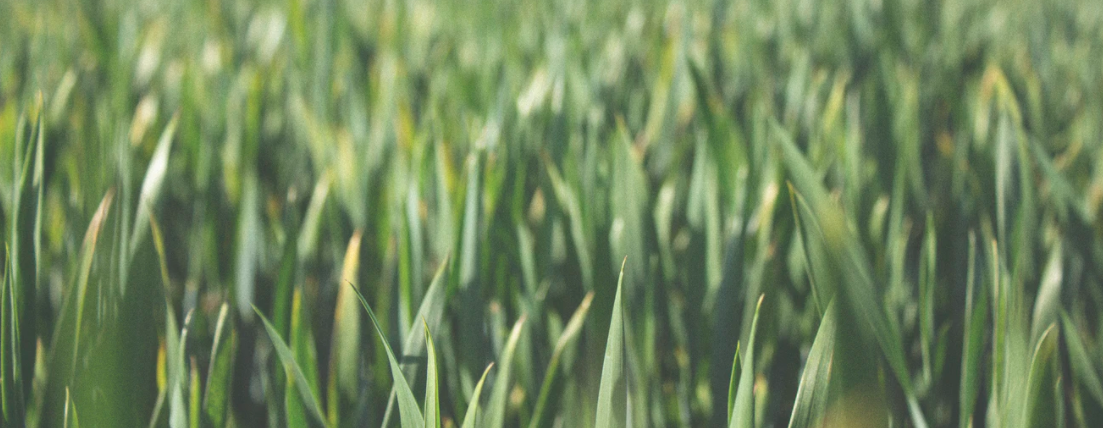Leaf it on the Lawn
You can save time and provide nutrients for your lawn by leaving or mulching leaves in the fall. Shredded leaf material blocks weeds and breaks down fast into free fertilizer! This means less time and money you have to spend on your lawn. Do your part by keeping leaves and grass out of your street where they can clog storm drains and feed algae.
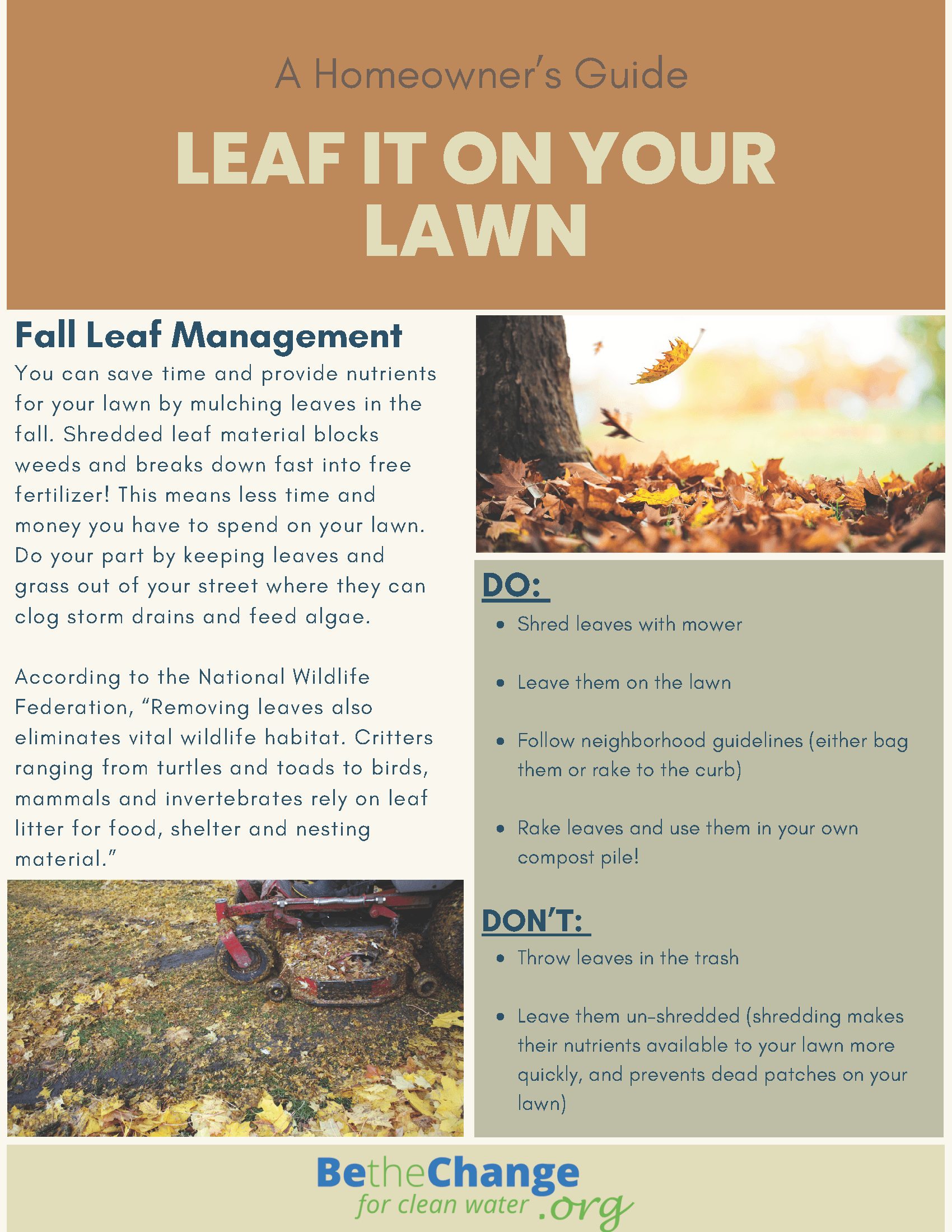
Deciding what to do with your fall leaves can be a challenge. There are several good options you can consider, depending on how many leaves you have, how much time you have to deal with them, and your goals for your lawn and garden.
Grass clippings and leaves return nutrients and organic matter to your lawn and soil and prevent soil compaction caused by rain and foot traffic. Dead leaves also provide cover for wildlife during the colder months. According to the National Wildlife Federation, “Removing leaves also eliminates vital wildlife habitat. Critters ranging from turtles and toads to birds, mammals and invertebrates rely on leaf litter for food, shelter and nesting material. Many moth and butterfly caterpillars overwinter in fallen leaves before emerging in spring.” Ideally you want to leave as many leaves intact as possible to benefit wildlife!
If you have so many leaves that they are significantly shading your lawn you’ll want to remove at least some of them to prevent your grass from becoming patchy. Instead of bagging them, consider raking excess leaf material into perennial garden beds, around the bases of trees, or add leaves to your compost bin for a good carbon (“brown”) source. Keeping a collection of dead leaves next to your compost bin throughout the year can help reduce odors caused by an abundance of kitchen scraps.
If you still find yourself with an abundance of leaves you can also mulch leaves into dime-sized pieces with your mower to add more organic matter to your lawn. Organic matter provides food and a good growing medium for turfgrass.
Lastly, you can bag your leaves or rake them into your tree lawn for pickup if that’s a service provided by your municipality. While your municipality will likely compost the leaves, this process is labor intensive for you, and adds a carbon footprint to your leaf management as a truck must drive them to a composting facility.
